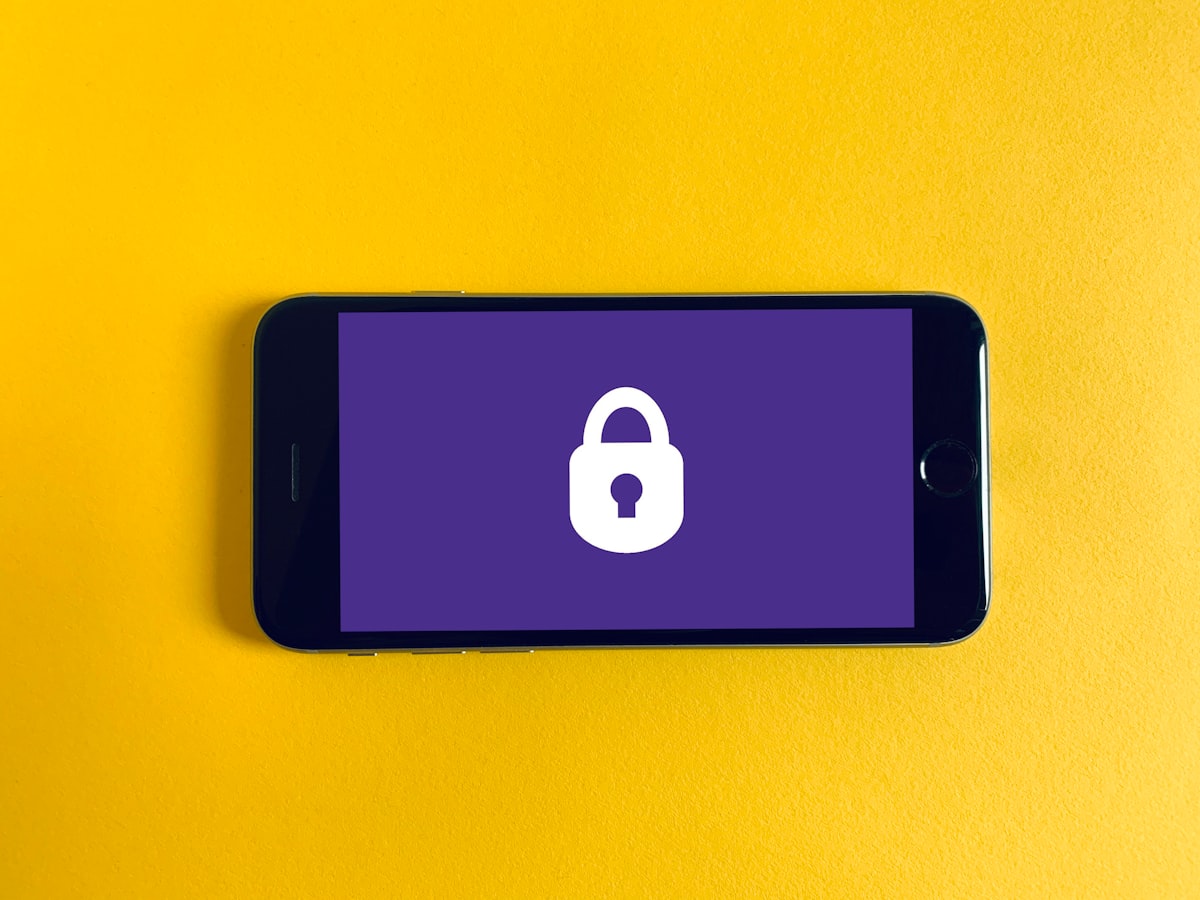The Safest Cryptocurrency wallets of 2022

It was hard to envision a while ago that crypto assets would gain such momentum and potentially go mainstream. Nevertheless, trends in modern blockchain technology suggest that in the near future, cryptocurrencies are likely to become as integral a part of the global financial system just like how fiat currencies exist today. You may soon be able to buy everyday goods with BTC or altcoins instead of your bank card.
When it comes to storing funds, the first and most important question is security. Considering the growth of cybercrime, the reliability of storage services is a critical issue. Therefore, crypto-wallets and their capability of providing the highest level of security are becoming important topics. Below is a list of the safest crypto wallets that you can consider this year.
A cryptocurrency wallet is the software that allows you to store currency, control funds and perform financial transactions. Yet, the direct control of digital assets is carried out by the blockchain. A private seed key plays the role of a secure password and is needed to sign and confirm transactions. As you can guess, it is critically important that your key is stored securely and no one else has access to it except you.
There are three main types of digital wallets:
- A hot (online) wallet requires an internet connection and can be easily accessed through the browser. Most of these wallets store users' private keys internally. So, questions may arise about their level of security.
- Warm wallets - they are located on your device and connected to the internet. A software or mobile wallet is a utility installed on a computer, smartphone, or gadget that stores public and private keys and processes transactions.
- Cold (offline) wallet - disconnected from the internet and requires a few additional steps to execute any crypto transaction. In most cases, they give users almost total control over the assets.
TOP-5 Safest Wallets
Phemex
Phemex is a cryptocurrency trading and management platform that supports over 40 currencies for contract and spot trading. It was launched in 2019. Now it has over 2 million members and a daily trading volume of over $10 billion. Even without a premium account, market commissions on Phemex are below the industry average. There is also a valuable welcoming bonus (up to $100), and the exchange regularly runs promotions and contests for newbies and professional traders.
What makes it secure?
Regarding its security, Phemex created and used a Hierarchical Deterministic Cold Wallet System that gives each user their deposit address for cold wallets. All deposits are collected in the company's multisignature cold wallet which can only be used through offline signatures.
Additionally, Phemex processes withdrawal requests three times per day, and are tighty controlled by operators and founders. Suspicious activities are identified in a flash, and immediate actions are taken to protect users and assets. Founders have Wall Street risk control experience. Qualified withdrawal requests are also handled using offline signatures, ensuring that all funds are kept in a cold wallet system and that all actions are carried out offline.
Coinbase
Coinbase is a secure online platform for buying, selling, transferring, and storing digital currency. It was founded in 2012 in the USA, and initially only supported Bitcoin. It offers a diverse range of the most promising cryptocurrencies: Ethereum, Litecoin, Bitcoin Cash, XRP, etc.
Coinbase crypto-wallet provides offline storage and prominent security measures to prevent theft or loss. These measures include geographical distribution of bitcoin in safe deposit boxes and vaults worldwide and sensitive data disconnection from the internet. Data is further separated with redundancy, encrypted using AES-256, and transferred on FIPS-140 USB devices and paper backups.
Security measures also include 2FA (two-factor authentication), accessible for all types of accounts. To log in to your wallet on the Coinbase platform, you need to enter a code sent to your mobile phone.
Trezor Wallet
Trezor Wallet is a physical device that creates private and public keys using random number generation (RNG). The created keys are stored on the same device, disconnected from the internet.
Usually, this type of hardware cryptocurrency wallet is chosen to eliminate risk of hacks. Offline storage provided by this type of wallet has the highest security parameters because it doesn’t have a direct connection to the internet. It also requires you to enter a personal PIN every time you send or receive coins or even check your balance. Trezor supports BIP39 passes since they are never saved or kept by the device. This implementation protects against attacks on local hardware. Hardware wallets are a great option if you need reliable and convenient bitcoin storage with a high-security level.
Blockchain
Blockchain is one of the most well-known and time-tested wallets in existence these days. The Blockchain wallet was founded in 2011. Over $1 trillion in crypto transactions have been conducted on its platform.
Blockchain keeps the biggest part of coins in cold wallets. They are located at secure centres that specialize in physically safeguarding sensitive data. No one can access funds thanks to the multi-signature verification process. Private keys are never distributed from Hardware Security Modules where cryptocurrencies are located.
The Wallet and the Exchange provide two-factor authentication, employ AES-256 encryption, and hold private keys for custodial money on FIPS 140-2 certified hardware.
Binance
Binance initially is a cryptocurrency exchange platform that supports more than 150 cryptocurrencies for trading. The official mobile wallet developed by the platform is called Trust Wallet.
Trust Wallet is a decentralized wallet, which has total control over your private keys and virtual assets. If you have your private keys, you can access your funds without using a Trust Wallet.
Moreover, only you have access to your cryptocurrencies. No personal information is ever captured or retained. So, your identity is protected. The app also allows you to exchange cryptocurrencies within the wallet.
In Conclusion
Despite the wide range of crypto-wallets and their features, the highest priority is always security.
Other things to take into consideration are different levels of authentication and modern technologies for encryption.




